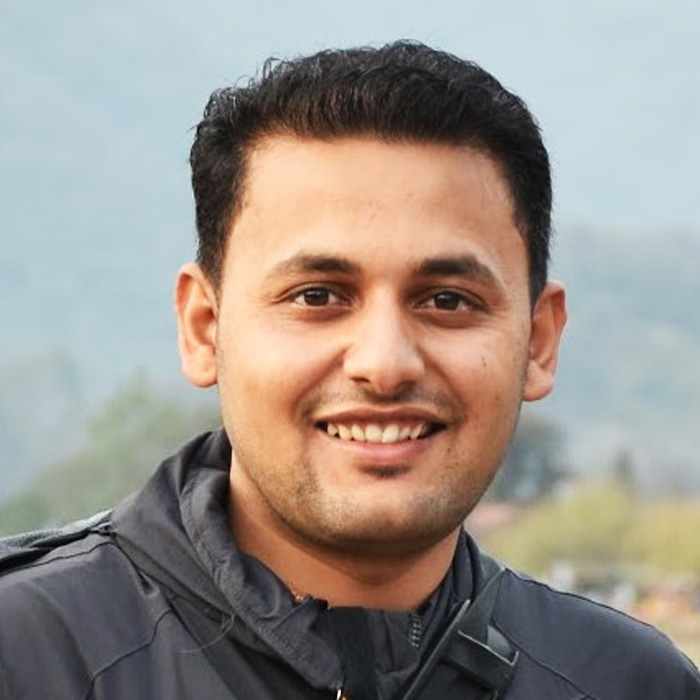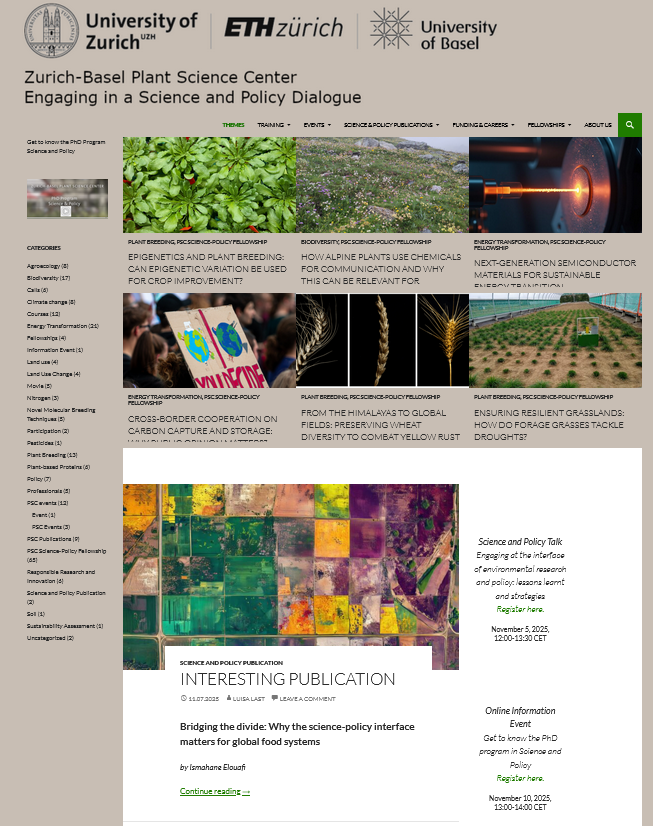Sustainable Storage Hydropower for a Resilient Future Energy System

Fellowship Duration: May 2021 - Jan 2025
PhD Student: Sudesh Dahal (LinkedIn)
Principal Investigator: Prof. Robert Boes, Laboratory of Hydraulics, Hydrology and Glaciology, ETH Zurich, Switzerland
Project Partner: Dr. Christian Dupraz, Swiss Federal Office of Energy (SFOE)
Research Fields: Hydraulic Engineering, Sediment Management
Project Description
For decades, hydropower has been an important pillar of the electric power system in Alpine regions, providing both generation of electric energy and storage of energy by high-altitude impoundments of water; and it is still today. Simultaneously to the future deployment of new renewables including solar and wind as part of the energy transition, hydropower facilities will require a transformation to maintain their role as the backbone of an increasingly volatile and extended electric power system in Switzerland. Moreover, the increasing risk of winter electricity shortage should be addressed by the seasonal water storage in hydropower reservoirs, which is evident from the provision of “Hydropower Reserve” in the last two winter seasons.
In 2019, the Swiss Federal Office of Energy published an updated edition of its hydropower potential study, stating that considerable efforts are necessary to maintain and extend today’s hydropower capacities to meet the requirements set out in the Swiss Energy Strategy 2050. Among other factors, the study specifies reservoir sedimentation as a negative impact on hydropower storage capacities in Switzerland. An estimated loss of 7% of the seasonal storage capacity in Swiss reservoirs is anticipated from 2019 to 2050. In many reservoirs, the sedimentation rate is much more acute, creating operational and dam safety problems. The project aims at reducing the uncertainties related to the assessment of long-term reservoir sedimentation under the effect of climate change. This will lead to better information of the future availability of Swiss hydropower’s storage capacities. Incorporated in upcoming editions of the hydropower potential study, these results may directly influence policy decisions shaping the development of prospective Swiss energy systems. Therefore, the hydropower section of the Swiss Federal Office of Energy is involved as a partner organization.
Numerical modelling is applied to simulate the long-term effects of different sediment management strategies in selected cases of Switzerland. The result is then generalized to derive recommendations for sediment management in Alpine reservoirs under the impact of climate change.
This fellowship is hosted by the Energy Science Center.
Activities and Publications
Doctoral thesis Sedimentation management in Alpine reservoirs for sustainable hydropower under climate change
Peer-reviewed artcile in Journal of Hydro-environment Research (2025) on Bypassing efficiency evaluation and optimization of sediment bypass tunnel operation in a narrow reservoir using 1D numerical modelling
Conference talk at the 10th International Symposium on Hydraulic Structures 2024 (Zurich, Switzerland, Jun 2024)
Conference talk at the 12th ICOLD European Club Symposium 2023 (Interlaken, Switzerland, Sep 2023)
Conference talk at the 40th IAHR World Congress (Vienna, Austria, Aug 2023)
Conference talk at the 7th IAHR Europe Congress 2022 (Athens, Greece, Sep 2022)
Secondment
The secondment was done at the Swiss Federal Office of Energy in Berne, Switzerland. During Sudesh’s stay at the Swiss Federal Office for Energy, he focused on preparing a comprehensive overview of Swiss hydropower reservoirs, while also considering sedimentation aspects. The reservoirs were classified based on energy storage capacity and the most important reservoirs were identified.
Additionally, Sudesh noted the absence of strict requirements for dam operators to conduct regular sediment monitoring and management. This emphasizes the need for future policies to encourage sediment management practices in hydropower reservoirs, ensuring the long-term reliability of seasonal energy storage.
Duration: Nov 2023, Planned for spring 2025
Stakeholder Workshop
On November 17, 2023, the stakeholder workshop on Reservoir Sedimentation took place in the Laboratory of Hydraulics, Hydrology and Glaciology (VAW) at ETH Zurich (Zurich, Switzerland). Eighteen stakeholders including researchers, hydropower operators, government authorities, and engineering consultants discussed about the scientific as well as policy-related aspects of reservoir sedimentation in Switzerland. The results were summarized here (PDF, 195 KB).



